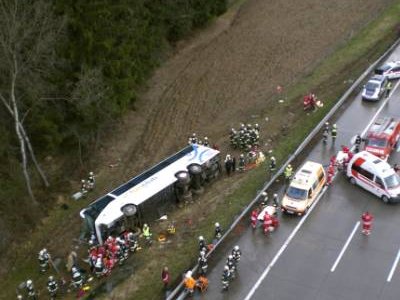
By Patrick Vanderpool
Impunity Watch Reporter, South America
BUENOS AIRES, Argentina-Jorge Rafael Videla, a former Argentina dictator who helped to overthrow former President Isabel Martinez de Peron, is on trial for human rights abuses. The abuses, which date from 1976-1983, include kidnapping and torture. The trial comes shortly after another former Argentina dictator, Gen. Reynaldo Benito Bignone, was sentenced to 25 years in prison for very similar crimes.
Videla’s reign as dictator, often referred to as the “Dirty War,” was shroud with secret military prisons and torture centers. It was not uncommon for Videla’s regime to capture leftist students, labor leaders or intellectuals and seclude them in one of these secret holding places. Some estimate that as many as 30,000 leftists were abducted.
Just days into the trial, Videla, who has previously been found guilty of unrelated human rights abuses and sentenced to life in prison, took responsibility for the military’s actions under his watch. Speaking to the court, Videla stated “I fully assume my military responsibilities for all the Argentine army’s actions during this internal war.”
Videla is one of about two dozen individuals who face charges stemming from human rights abuses during the “Dirty War” era. Videla and his codefendants are specifically on trial for the murder of 31 political prisoners who were held captive and then shot to death when they tried to escape.
One attorney stated that there are significant differences between the previous cases against Videla and the present case. The 31 political prisoners at the center of this case were jailed under the civilian government before Videla’s coup and were then murdered when Videla took power, before the prisoners had a chance to stand trial.
Miguel Ceballos, an attorney representing the victims, has a more personal connection to this trial than most: Ceballos’ father was killed under Videla’s watch. Ceballos said, “when they came looking for my father at the prison, he knew he would be killed. He said goodbye to his friends and left a photo of our family so they could tell us what had happened.”
Any added jail time from this trial would mean little to Videla because he is already serving a life sentence; however, a conviction would offer relief to the victim’s friends and family members. Ceballos stated, “This trial has been a long time coming. He is having the trial that he denied my father.”
For more information, please see:
Euro News – Former Argentine Dictator Speaks In Court – 6 July 2010
Philly.com – Argentine Ex-dictator Faces Human Rights Charges – 2 July 2010
CNN – Former Argentina Dictator To Go On Trial In Rights Abuse Case – 30 June 2010
